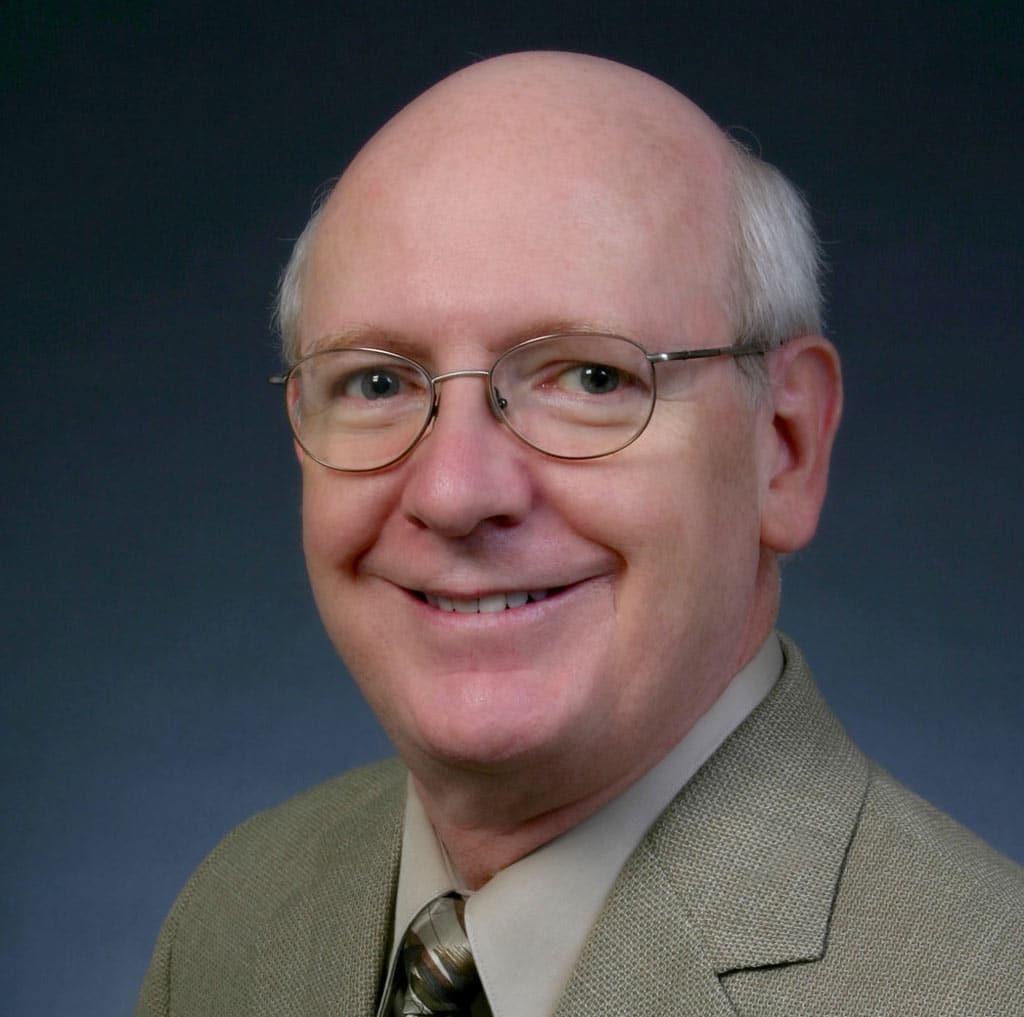Are maxillofacial surgeons really medical doctors? This is a question that often lingers in the minds of many people. In this article, we aim to debunk the misconceptions and shed light on the truth about maxillofacial surgeons and their qualifications.
Contrary to popular belief, maxillofacial surgeons are indeed medical doctors. They undergo extensive training and education, just like any other medical professional. Maxillofacial surgery is a specialized field that combines dentistry, oral surgery, and medicine, allowing these professionals to perform intricate procedures involving the face, mouth, and jaw.
Maxillofacial surgeons are skilled in various procedures, including wisdom teeth extraction, jaw realignment, facial trauma reconstruction, and even cosmetic surgeries. With their expertise in both dentistry and medicine, they play a vital role in improving patients’ quality of life by addressing problems that go beyond the dental chair.
By understanding the qualifications and capabilities of maxillofacial surgeons, patients can make informed decisions about their oral and facial health. So, let’s go beyond the misconceptions and discover the true value of these medical doctors in the field of maxillofacial surgery.
Understanding the role of maxillofacial surgeons
Maxillofacial surgeons are highly skilled professionals who specialize in treating conditions and performing surgeries that affect the face, mouth, and jaw. They are trained to address a wide range of issues, from dental problems to facial trauma and reconstructive surgeries. Their expertise extends beyond the dental chair, making them an integral part of the healthcare system.
These surgeons play a crucial role in improving patients’ quality of life by addressing problems that go beyond the surface. They are trained to diagnose and treat conditions such as TMJ disorders, facial deformities, oral cancers, and other complex oral and facial diseases. Additionally, maxillofacial surgeons are skilled in performing cosmetic surgeries, providing patients with aesthetic enhancements that boost their confidence and self-esteem.
The education and training of maxillofacial surgeons
Becoming a maxillofacial surgeon requires a rigorous educational journey. After completing a bachelor’s degree in dentistry, aspiring maxillofacial surgeons must undergo several years of specialized training. This includes a residency program, which typically lasts for four to six years, where they gain hands-on experience in both dentistry and medicine.
During their residency, maxillofacial surgeons work alongside experienced professionals, honing their surgical skills and expanding their knowledge in areas such as facial anatomy, anesthesia, and oral pathology. They also have the opportunity to collaborate with other medical specialists, further enhancing their understanding of interdisciplinary care.
Common misconceptions about maxillofacial surgeons as medical doctors
Despite their extensive training and qualifications, there are still misconceptions surrounding maxillofacial surgeons. One common misconception is that they are solely dentists and not medical doctors. However, maxillofacial surgeons are indeed medical doctors, as they hold both a dental degree and a medical degree.
Another misconception is that maxillofacial surgeons only perform dental procedures. While they are highly skilled in dental surgeries, their expertise goes beyond that. Maxillofacial surgeons are trained to perform complex surgeries involving the face, mouth, and jaw. This includes procedures such as orthognathic surgery, cleft lip and palate repair, facial trauma reconstruction, and even cosmetic surgeries like rhinoplasty.
The surgical procedures performed by maxillofacial surgeons
Maxillofacial surgeons are trained to perform a wide range of surgical procedures that involve the face, mouth, and jaw. One common procedure they perform is wisdom teeth extraction. Wisdom teeth, also known as third molars, often cause problems such as impaction, infection, and overcrowding. Maxillofacial surgeons have the expertise to safely remove these teeth, relieving pain and preventing further complications.
Orthognathic surgery is another procedure commonly performed by maxillofacial surgeons. This surgery involves realigning the jaws to improve both function and aesthetics. It is often recommended for individuals with bite problems, facial asymmetry, or obstructive sleep apnea. By moving the jaws into proper alignment, maxillofacial surgeons can enhance the patient’s ability to chew, speak, and breathe.
In cases of facial trauma, maxillofacial surgeons play a vital role in reconstructing the face and restoring function. They are trained to address fractures of the facial bones, including the jaw, nose, and orbits. Through surgical interventions, they can repair the damage, improve facial aesthetics, and ensure proper healing.
Collaborations between maxillofacial surgeons and other medical professionals
Maxillofacial surgeons often collaborate with other medical professionals to provide comprehensive care for their patients. They work closely with orthodontists to plan and execute orthognathic surgeries, ensuring optimal results. By aligning the teeth and jaws, orthodontists and maxillofacial surgeons can correct bite issues, improve facial balance, and enhance overall oral health.
In cases of oral and facial cancers, maxillofacial surgeons collaborate with oncologists, radiologists, and other specialists to develop personalized treatment plans. They play a crucial role in surgical removal of tumors, reconstruction of the affected areas, and ongoing monitoring of the patient’s health.
These collaborations highlight the interdisciplinary nature of maxillofacial surgery. By working together with other medical professionals, maxillofacial surgeons can provide the highest level of care for their patients, addressing both functional and aesthetic concerns.
The importance of maxillofacial surgeons in facial reconstruction and trauma cases
Maxillofacial surgeons play a crucial role in facial reconstruction and trauma cases. When individuals experience facial trauma due to accidents or injuries, these surgeons are trained to assess the extent of the damage and develop a comprehensive treatment plan.
In cases where facial bones are fractured or displaced, maxillofacial surgeons can perform surgeries to realign the bones and restore facial symmetry. This not only improves the patient’s appearance but also ensures proper function of the jaw, teeth, and surrounding structures.
Facial reconstruction is not limited to trauma cases alone. Maxillofacial surgeons also work with individuals who have congenital facial deformities, such as cleft lips and palates. Through a series of surgeries, these surgeons can repair the defects and provide patients with a more functional and aesthetically pleasing appearance.
Maxillofacial surgeons in the treatment of oral and facial diseases
Maxillofacial surgeons play a vital role in the treatment of various oral and facial diseases. They are trained to diagnose and manage conditions such as oral cancers, salivary gland disorders, temporomandibular joint (TMJ) disorders, and oral infections.
In cases of oral cancer, maxillofacial surgeons work alongside oncologists to develop a treatment plan that may include surgical removal of the tumor, lymph node dissection, and reconstruction of the affected area. By combining their surgical skills with their understanding of oral health, maxillofacial surgeons can ensure the best possible outcome for the patient.
For individuals with TMJ disorders, maxillofacial surgeons can provide both surgical and non-surgical treatment options. They can perform arthroscopy to evaluate and treat joint abnormalities, or recommend orthodontic treatment to realign the teeth and alleviate symptoms.
The future of maxillofacial surgery and its advancements
As technology continues to advance, so does the field of maxillofacial surgery. New techniques and innovations are constantly being developed to improve patient outcomes and enhance the surgical process.
One notable advancement is the use of virtual surgical planning. With the help of advanced imaging technology, maxillofacial surgeons can now create 3D models of a patient’s face and plan surgeries with greater precision. This allows for more accurate treatment planning and better communication between the surgical team.
Another area of advancement is the use of regenerative medicine in maxillofacial surgery. Researchers are exploring the use of stem cells and tissue engineering to repair and regenerate damaged tissues in the face and jaw. This holds great promise for patients who require extensive reconstruction after trauma or disease.
Conclusion: The valuable role of maxillofacial surgeons in healthcare.
Maxillofacial surgeons are highly skilled medical doctors who play a valuable role in healthcare. They undergo extensive training and education to specialize in treating conditions and performing surgeries that involve the face, mouth, and jaw.
Contrary to popular belief, maxillofacial surgeons are not just dentists; they are medical professionals with a deep understanding of both dentistry and medicine. Their expertise goes beyond the dental chair, allowing them to perform complex procedures and address a wide range of oral and facial issues.
Through collaborations with other medical professionals, maxillofacial surgeons provide comprehensive care for their patients. They play a vital role in facial reconstruction and trauma cases, as well as the treatment of oral and facial diseases.
As technology continues to advance, the future of maxillofacial surgery holds exciting possibilities. With the use of virtual surgical planning and regenerative medicine, maxillofacial surgeons can continue to provide the highest level of care and improve patient outcomes.
In conclusion, it is important to debunk the misconceptions surrounding maxillofacial surgeons and recognize their valuable contributions to the field of healthcare. By understanding their qualifications and capabilities, patients can make informed decisions about their oral and facial health, knowing that they are in the hands of skilled medical professionals.






